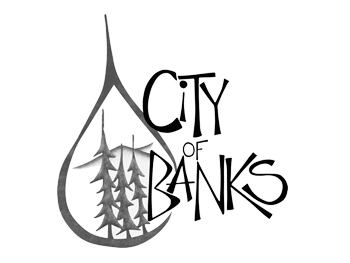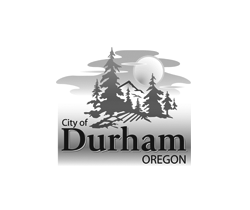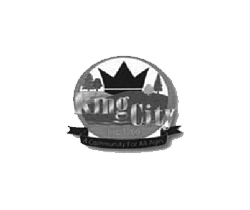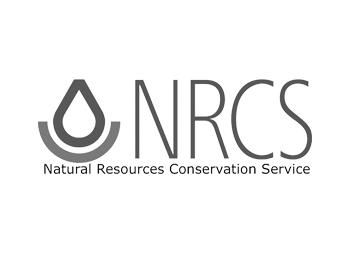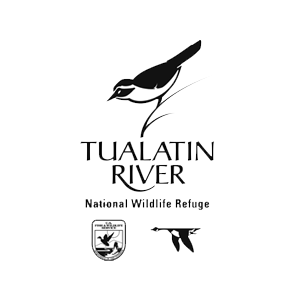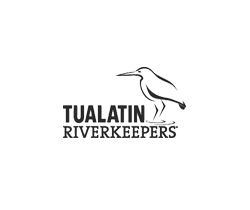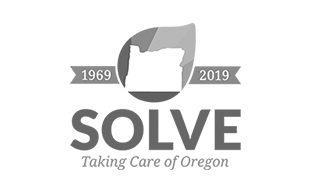Diversity is a hallmark of Washington County—just as scale is a hallmark of Tree for All. In order to maintain the tree-planting momentum our community has built over the last decade, it’s important for green jobs to be within reach of people from all walks of life. Thanks to a new urban forestry job training program, this vision is becoming a reality.
This program is offered by Tualatin Riverkeepers in partnership with Centro Cultural, Muslim Educational Trust and Oregon Community Trees. Funding sources include a small grant from Metro’s Nature in Neighborhoods program as well as donations from individual supporters. The first 10 graduates are currently completing their paid internships, and partners are now accepting applications for the second class of trainees. Centro Cultural and MET choose participants for the program, and host classes at their locations in Cornelius and Tigard.
In the classroom portion of the program, each participant completes seven two-hour modules on topics such as The Benefits of Trees; Tree Planting 101; and Business Incubation for New Foresters and Green Enterprise. The next step is a paid internship.
TRK’s decision to focus on urban and community forestry was based on practical reasons. The opportunity for entry-level tree care professionals is likely to grow as commercial businesses, public agencies, residential developers and others plant trees or maintain them as part of a city’s green infrastructure program. The course was not branded as a deep dive into tree care and management, but rather as an overview of topics such as tree planting basics, maintenance, pruning and risk assessment, and computer literacy and trees.
The program also aims to offer members of immigrant communities and communities of color a chance to develop skills and self-confidence while exploring options for pursuing a natural resource career. In fact, involvement by Portland Community College Rock Creek, which offers a two- year degree in Landscape Technology, offers a direct link to one of the curriculum modules.
Another key partner is Oregon Community Trees, a nonprofit dedicated to promoting healthy urban and community forests through leadership, education, awareness and advocacy. OCT stepped in by providing a portion of the curriculum content and instructors, including Rob Emanuel, who serves on OCT’s Board of Directors and works for Clean Water Services as a Water Resource Project Manager. (On a related note, this year’s OCT conference theme is “Diversifying Our Urban Forests: People, Partnerships and Trees.”)
As it closes its first year and gears up for its second, this jobs training program is already offering an exciting glimpse of the sustainable, inclusive, thriving urban forestry sector that our watershed needs. Visit Tualatin Riverkeepers' website to learn more about the program, and follow TRK on Twitter and Facebook for updates.









